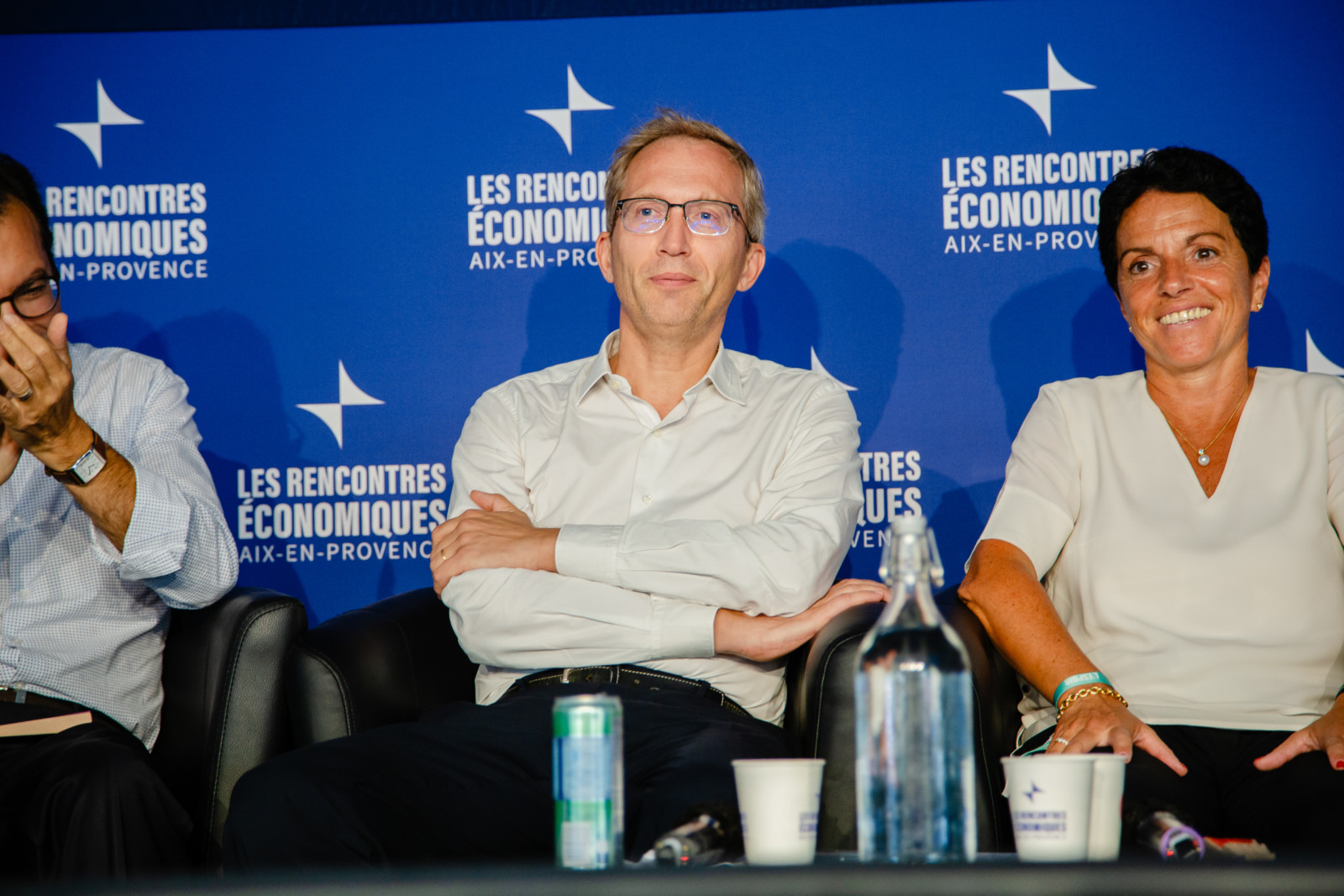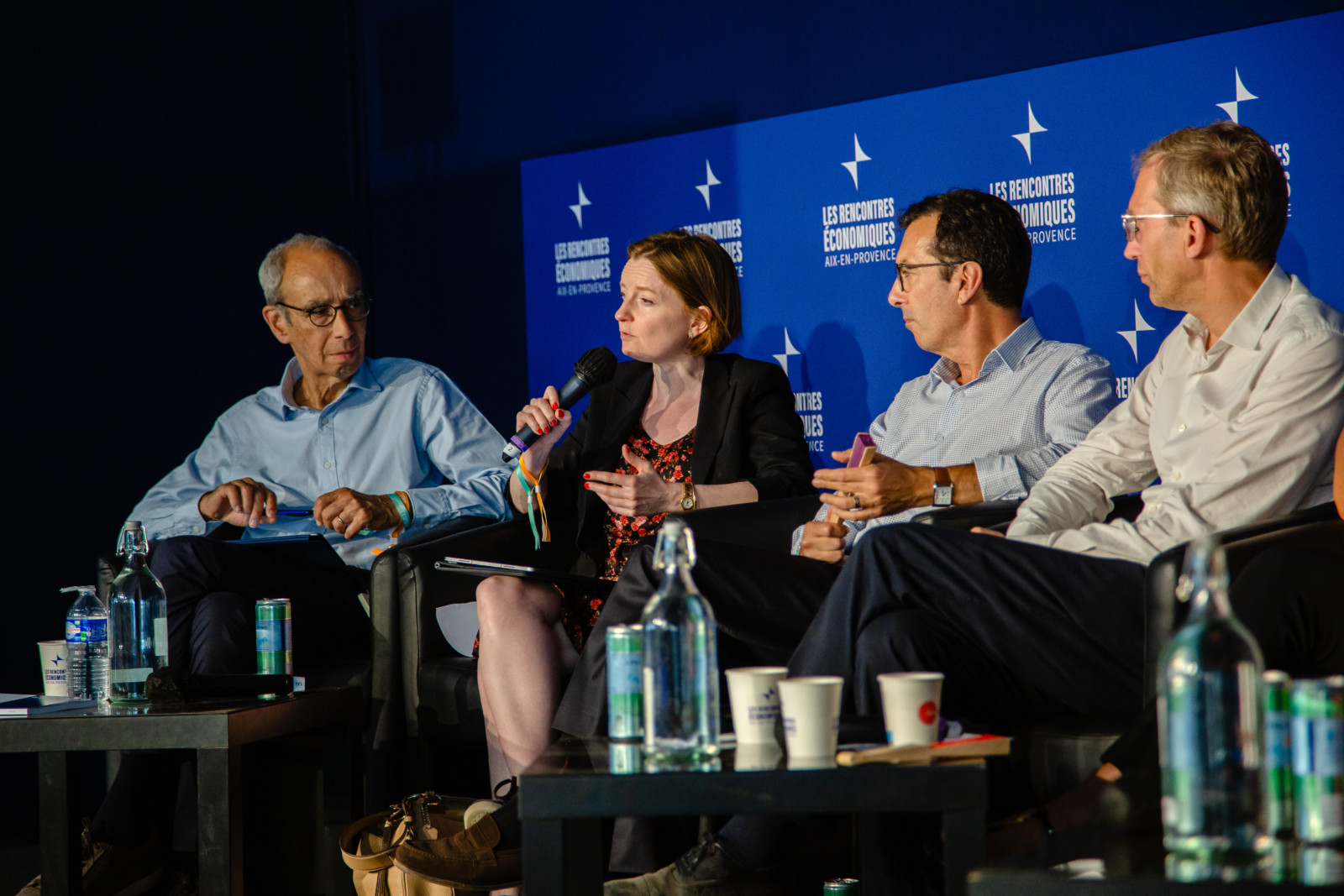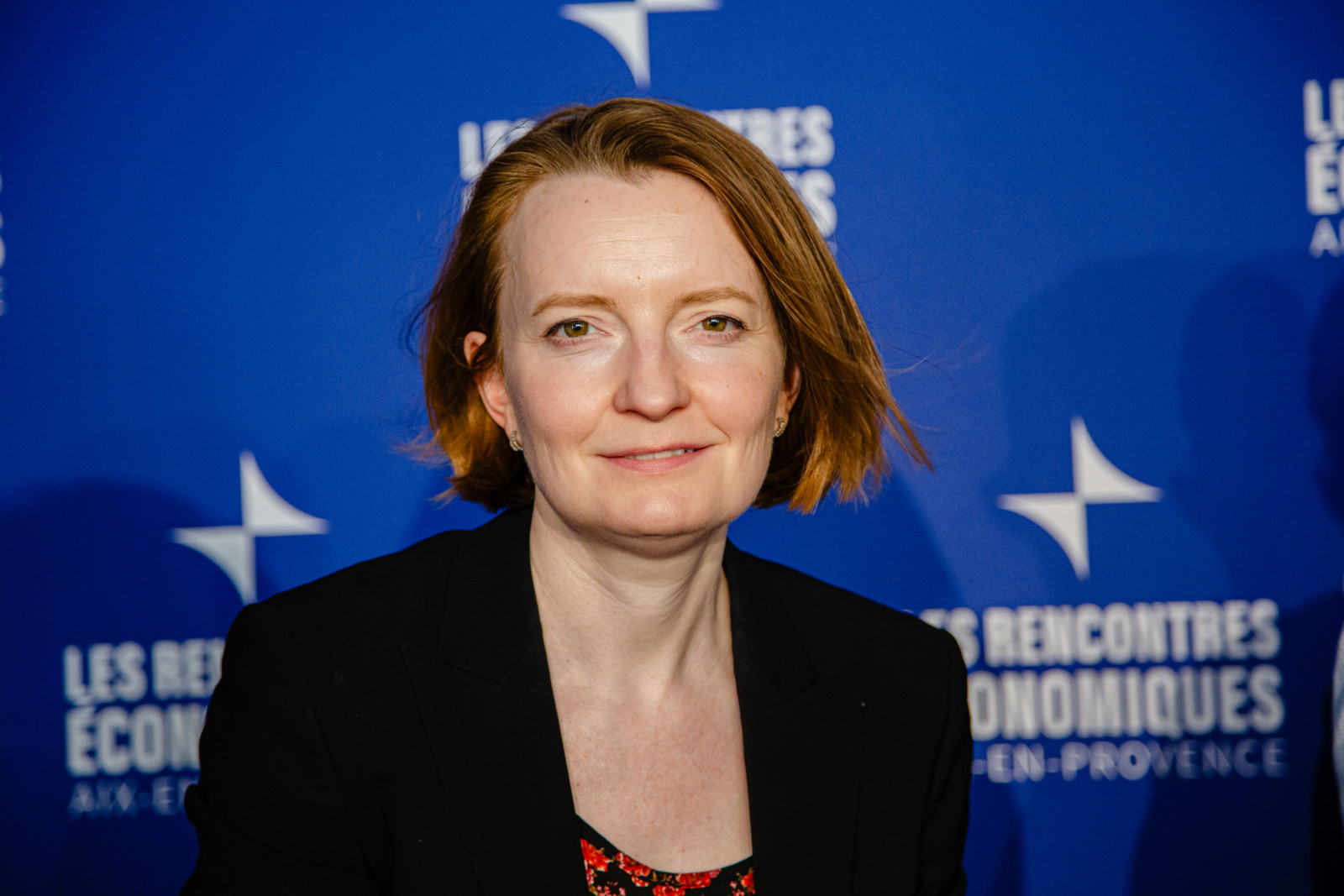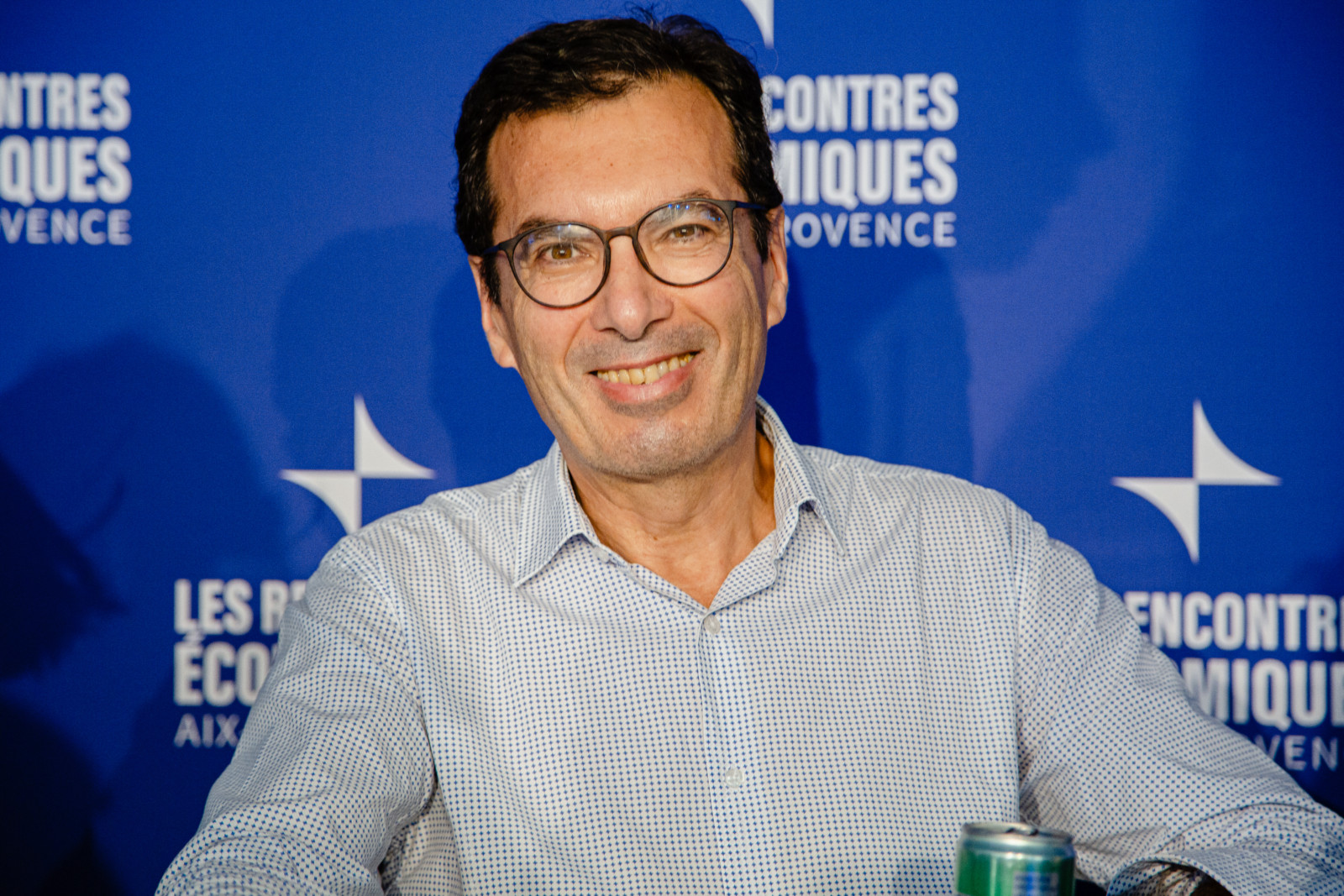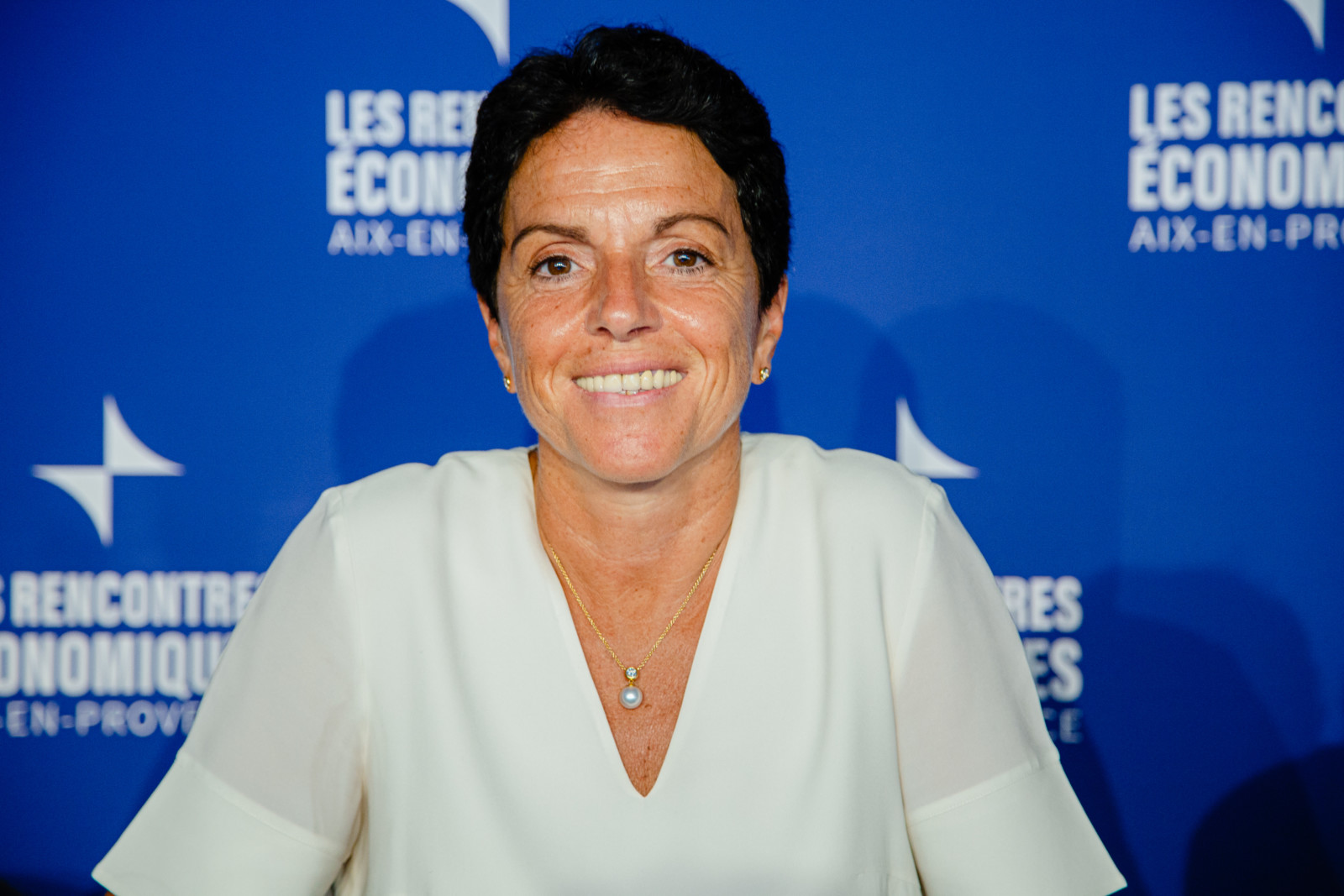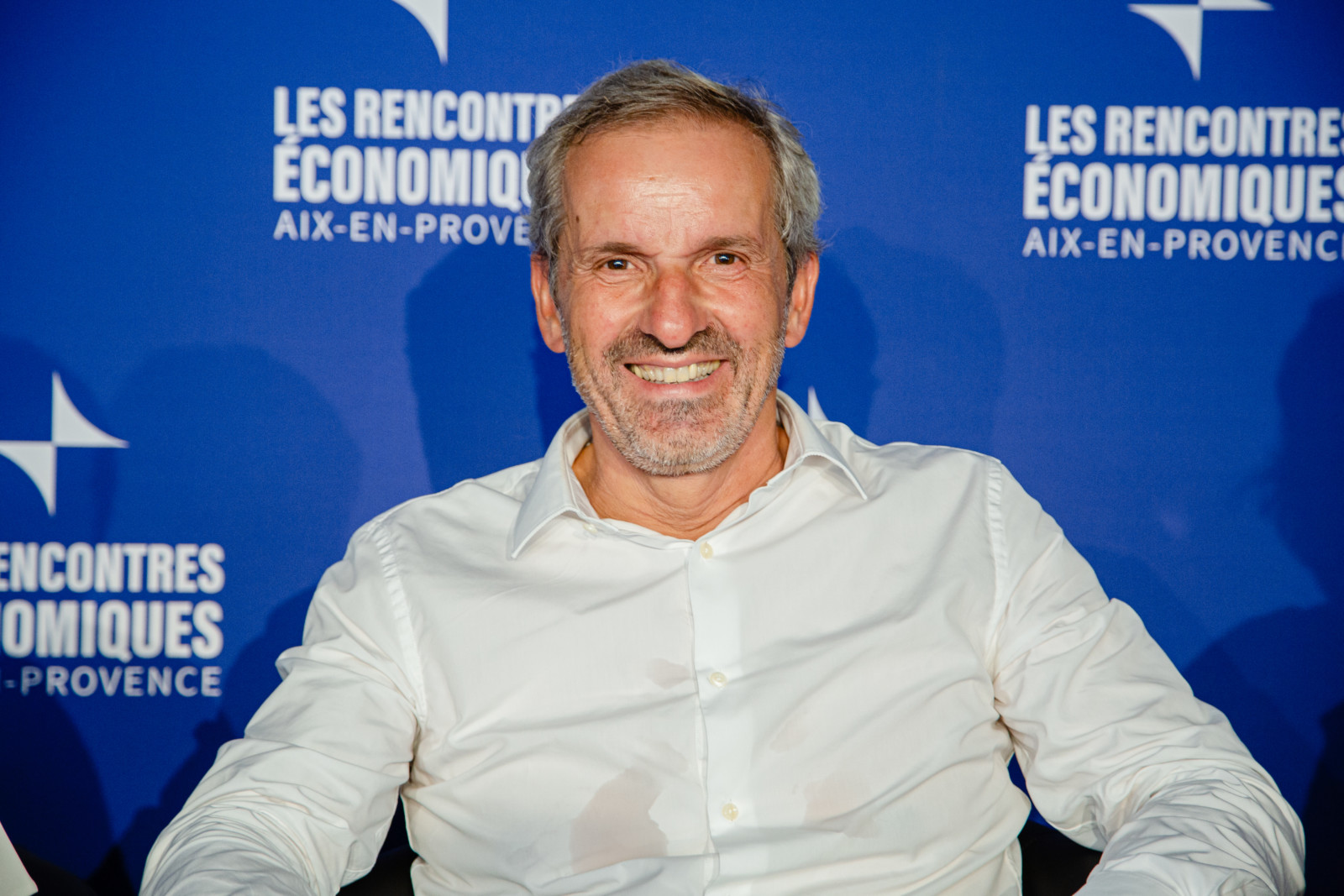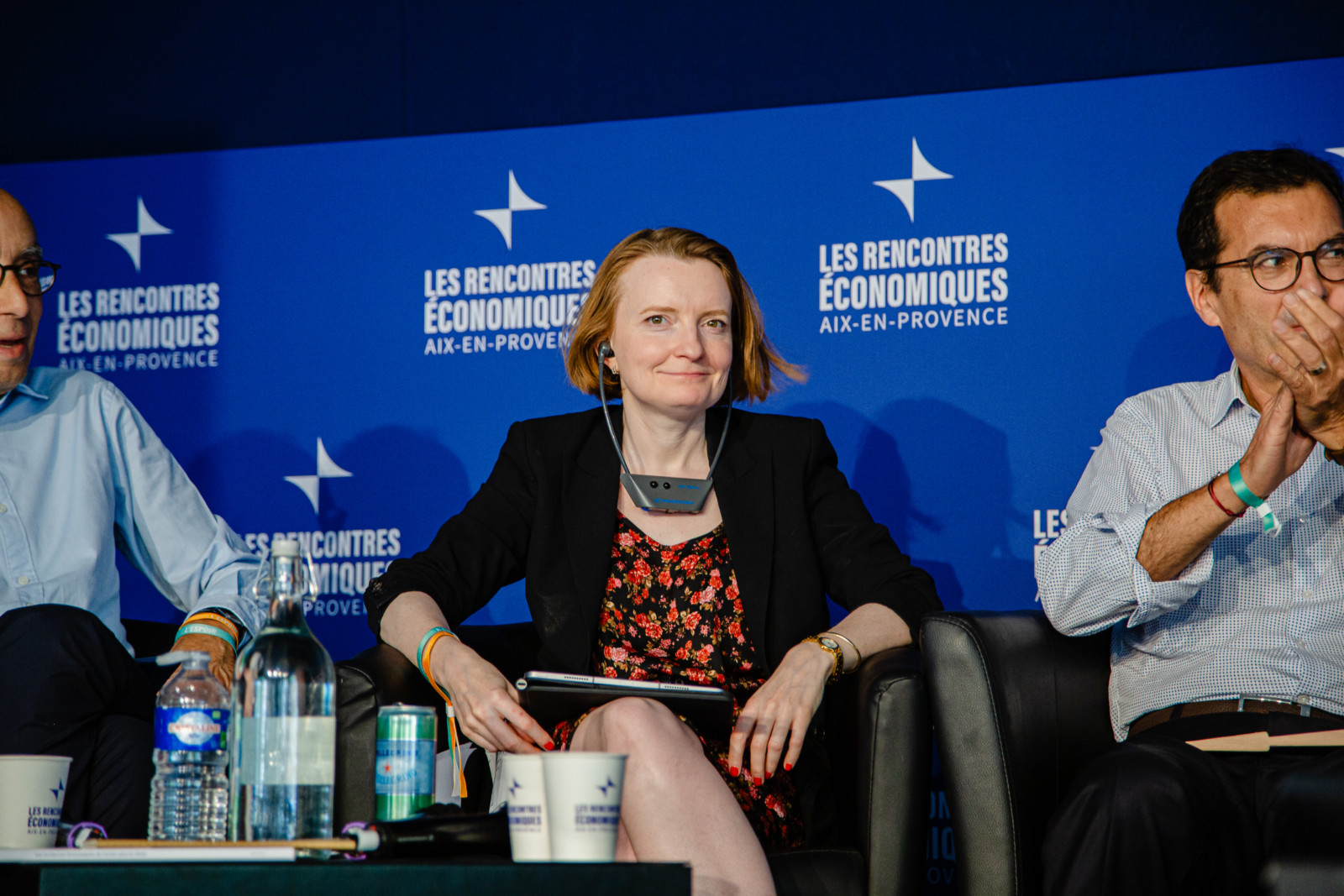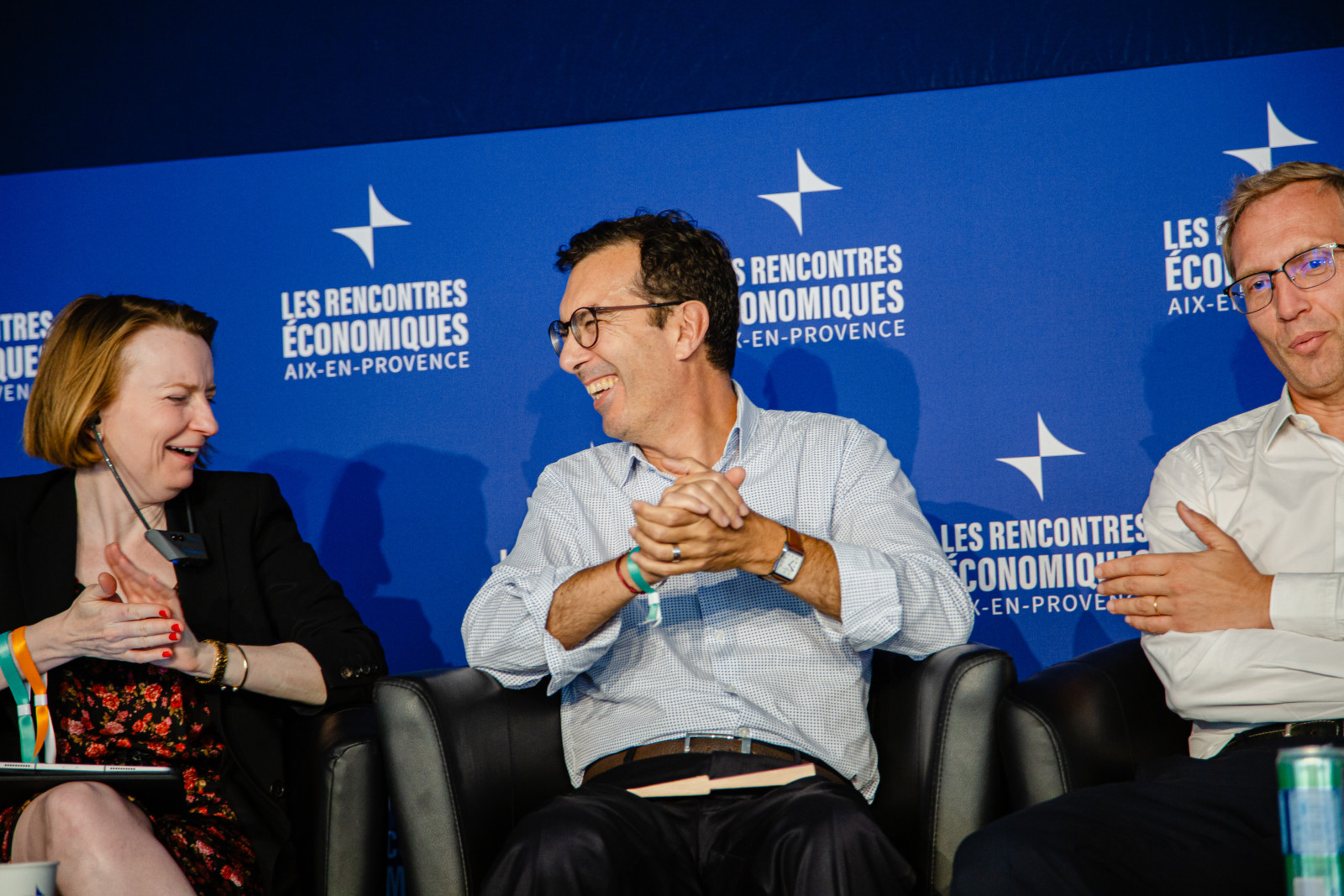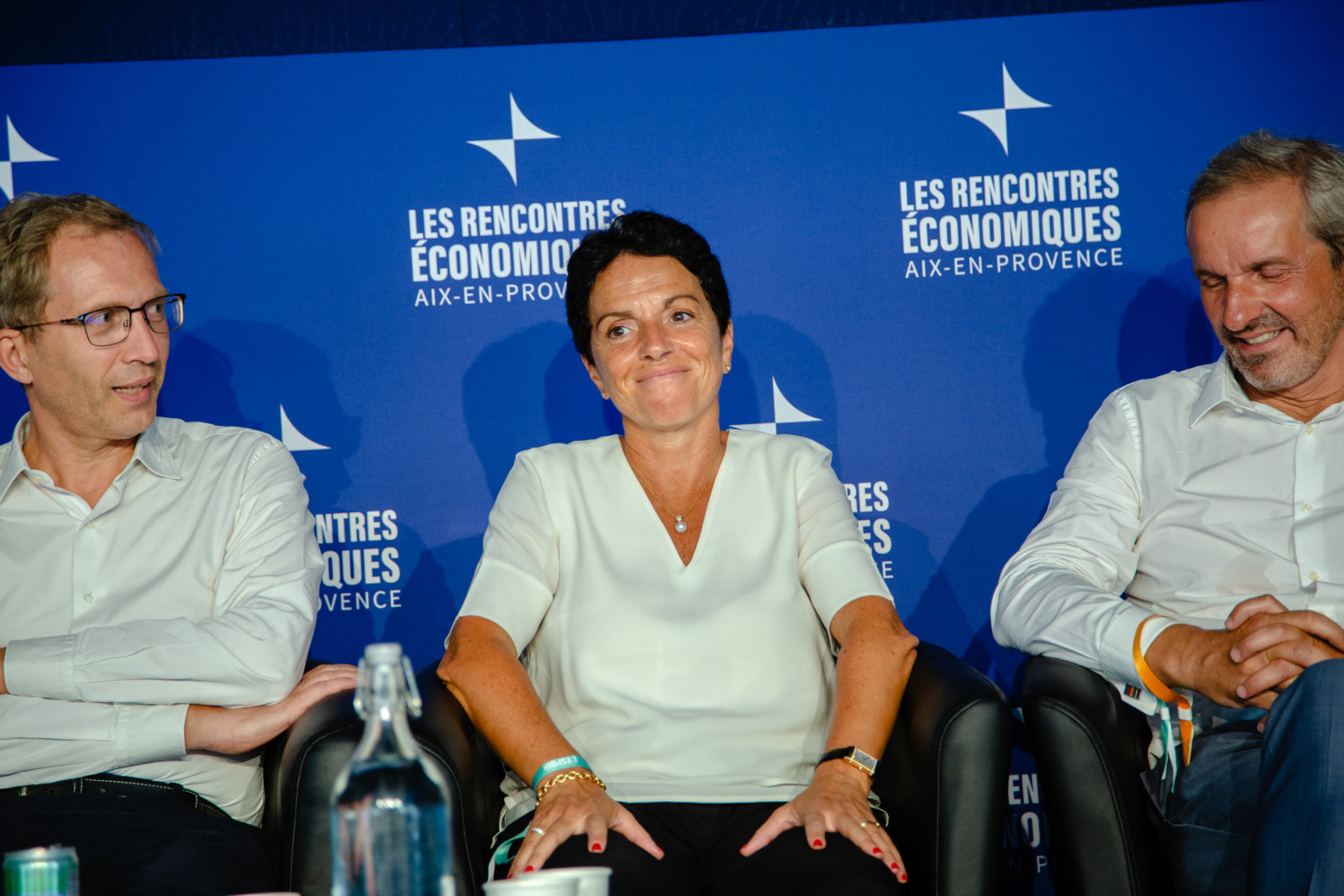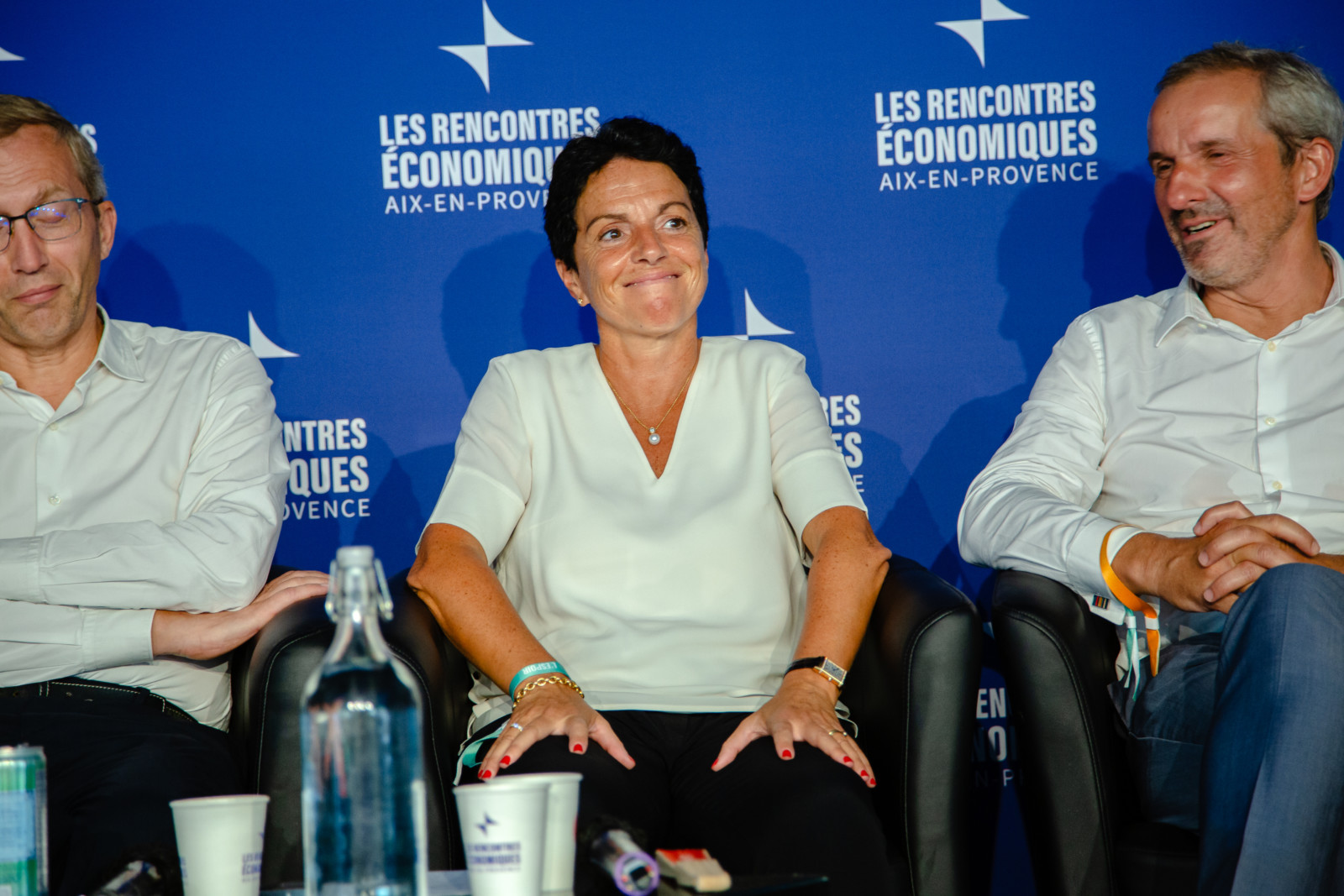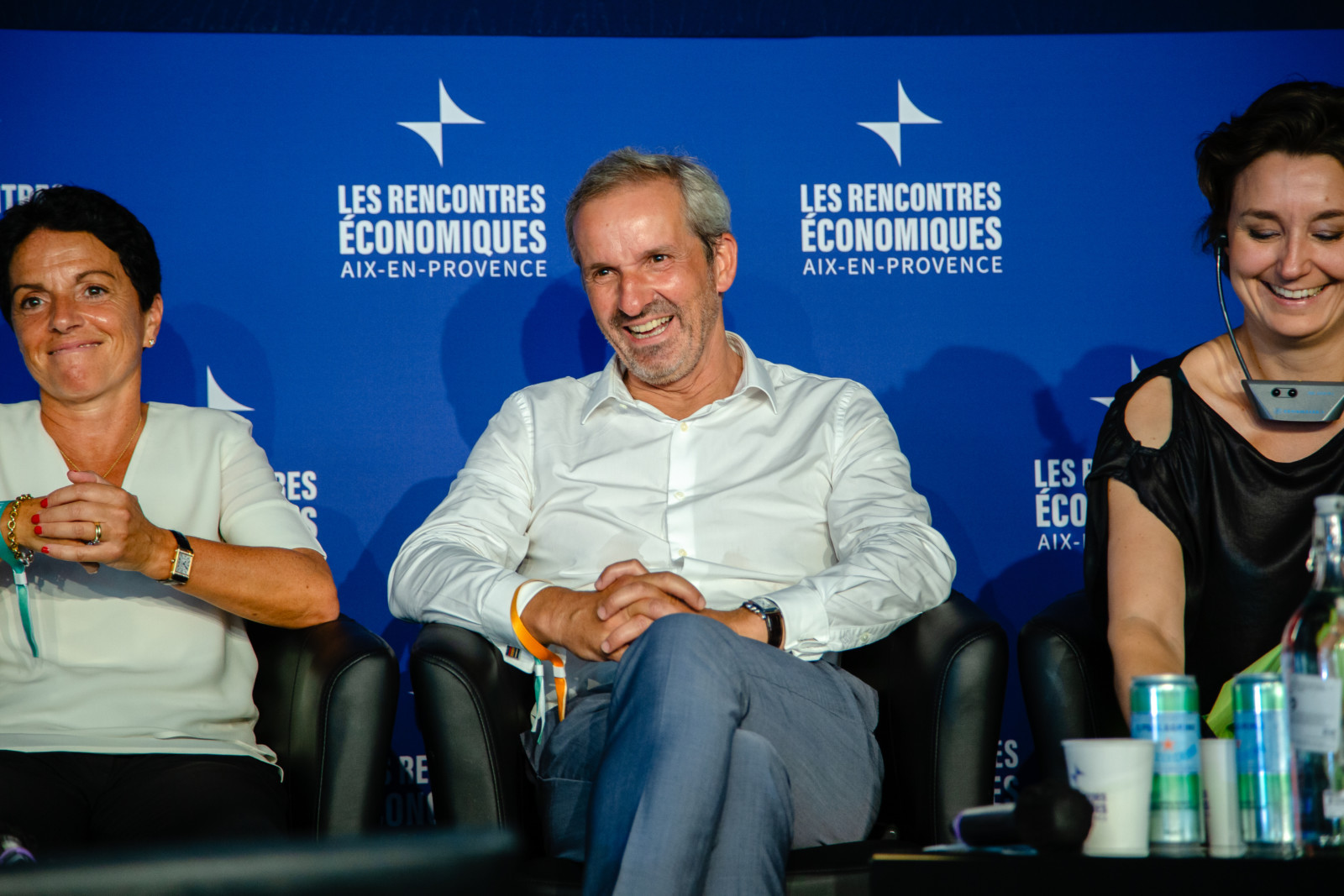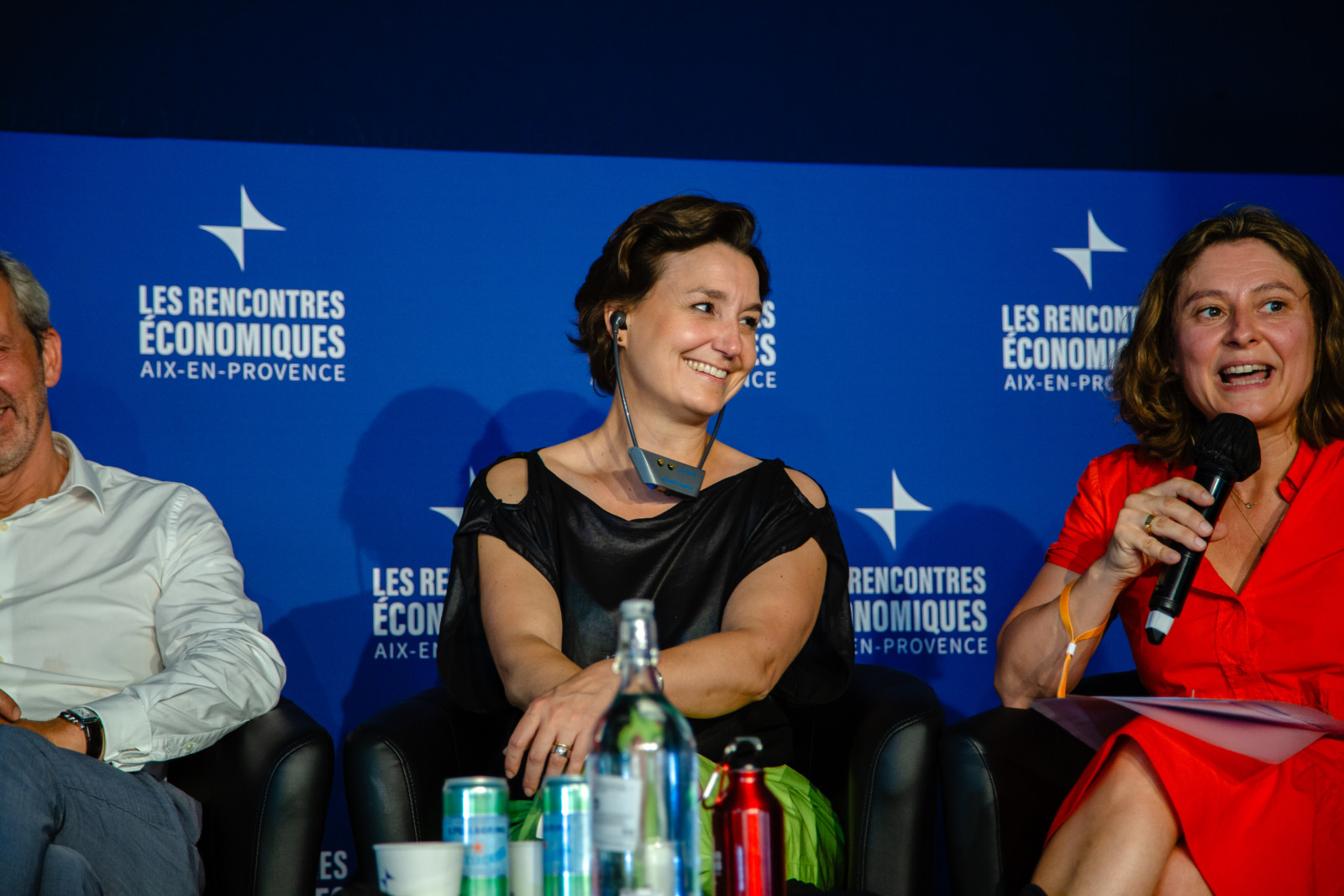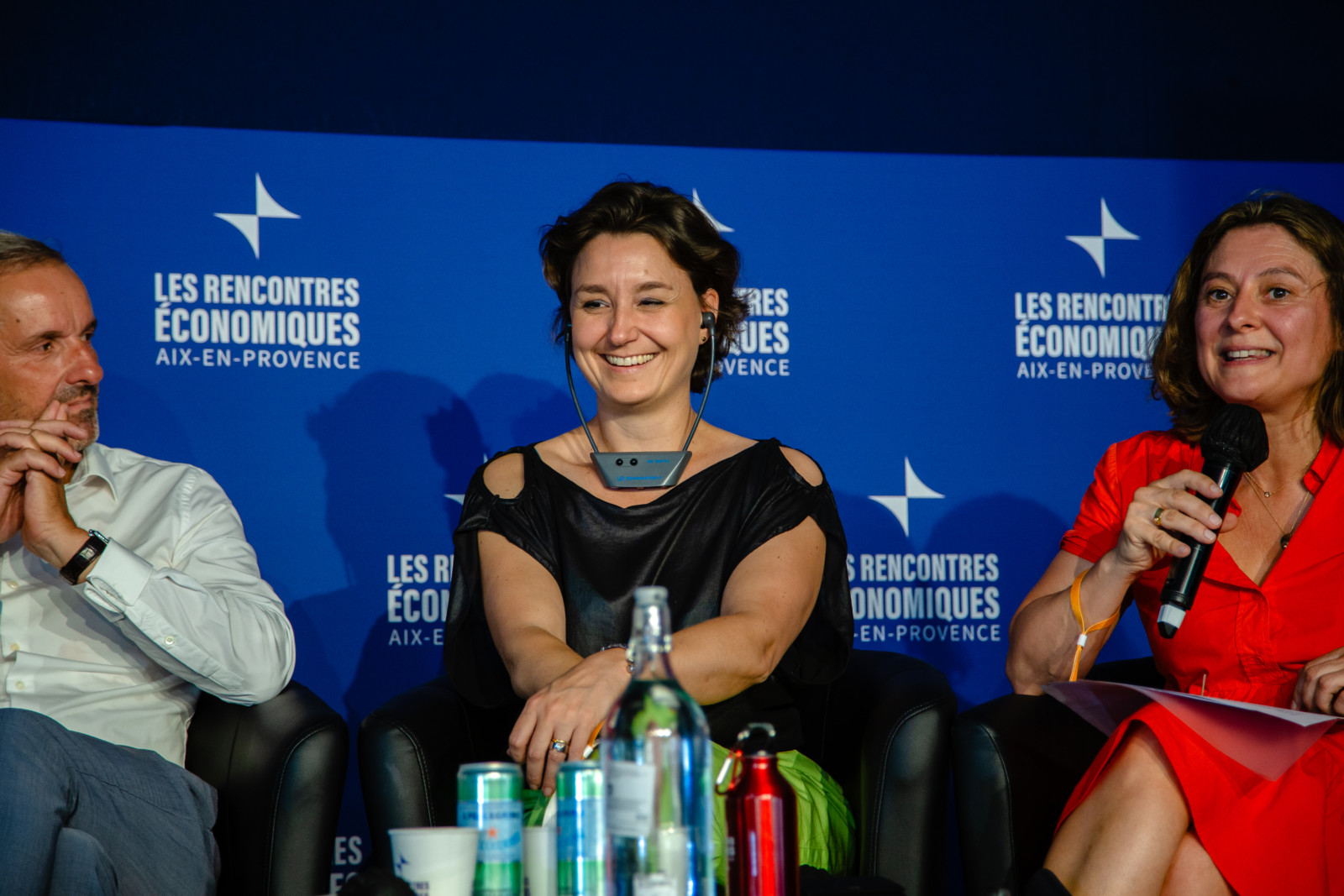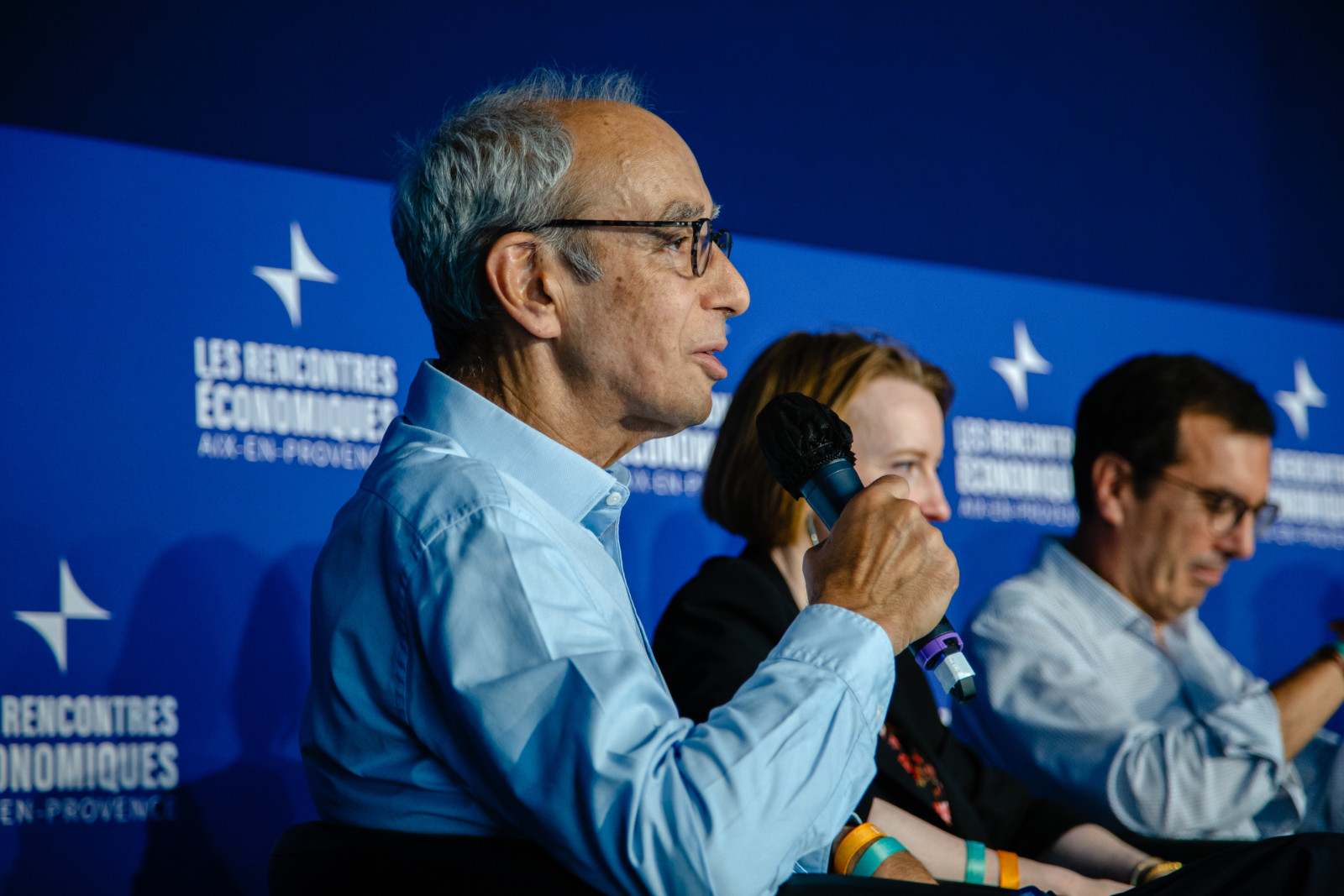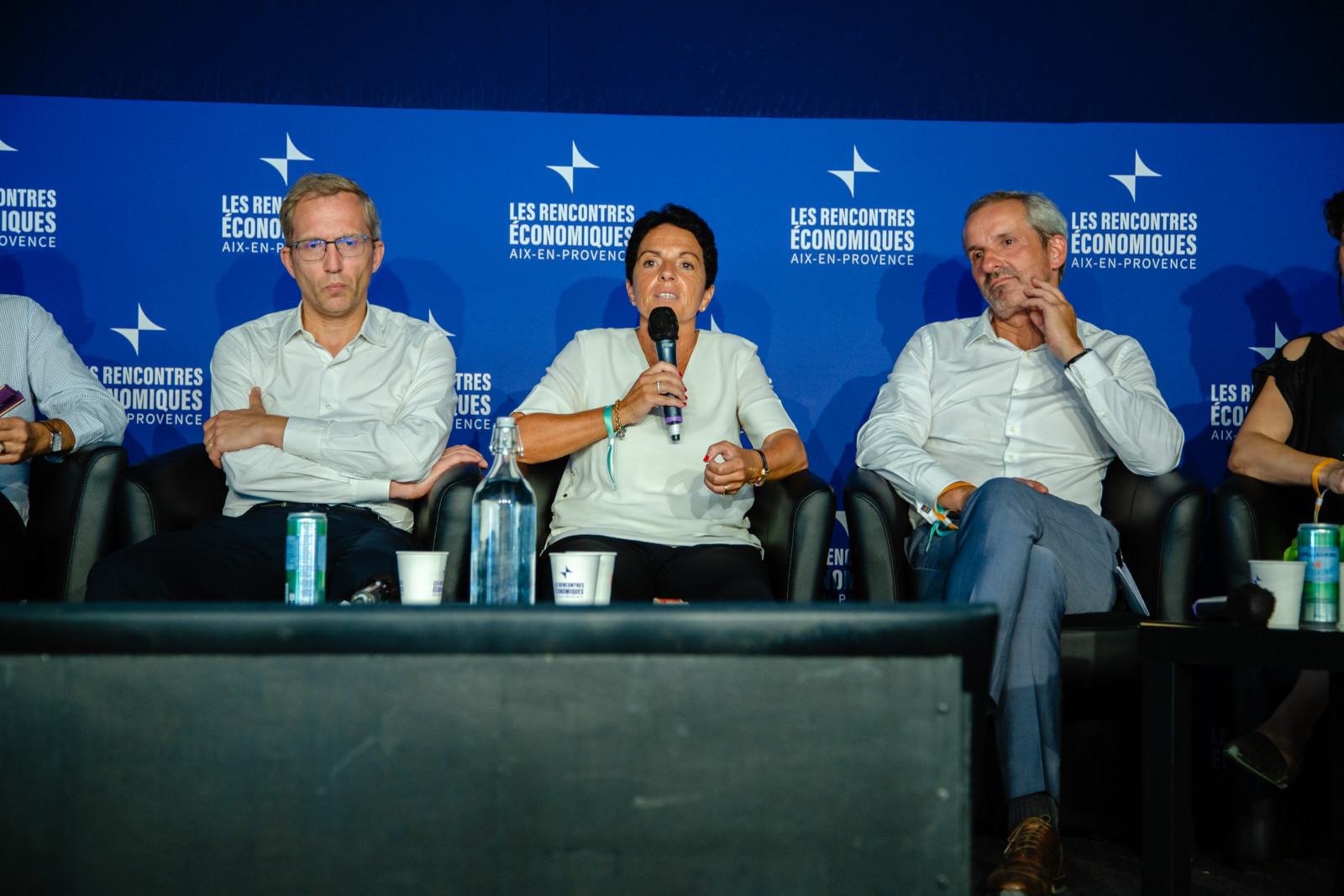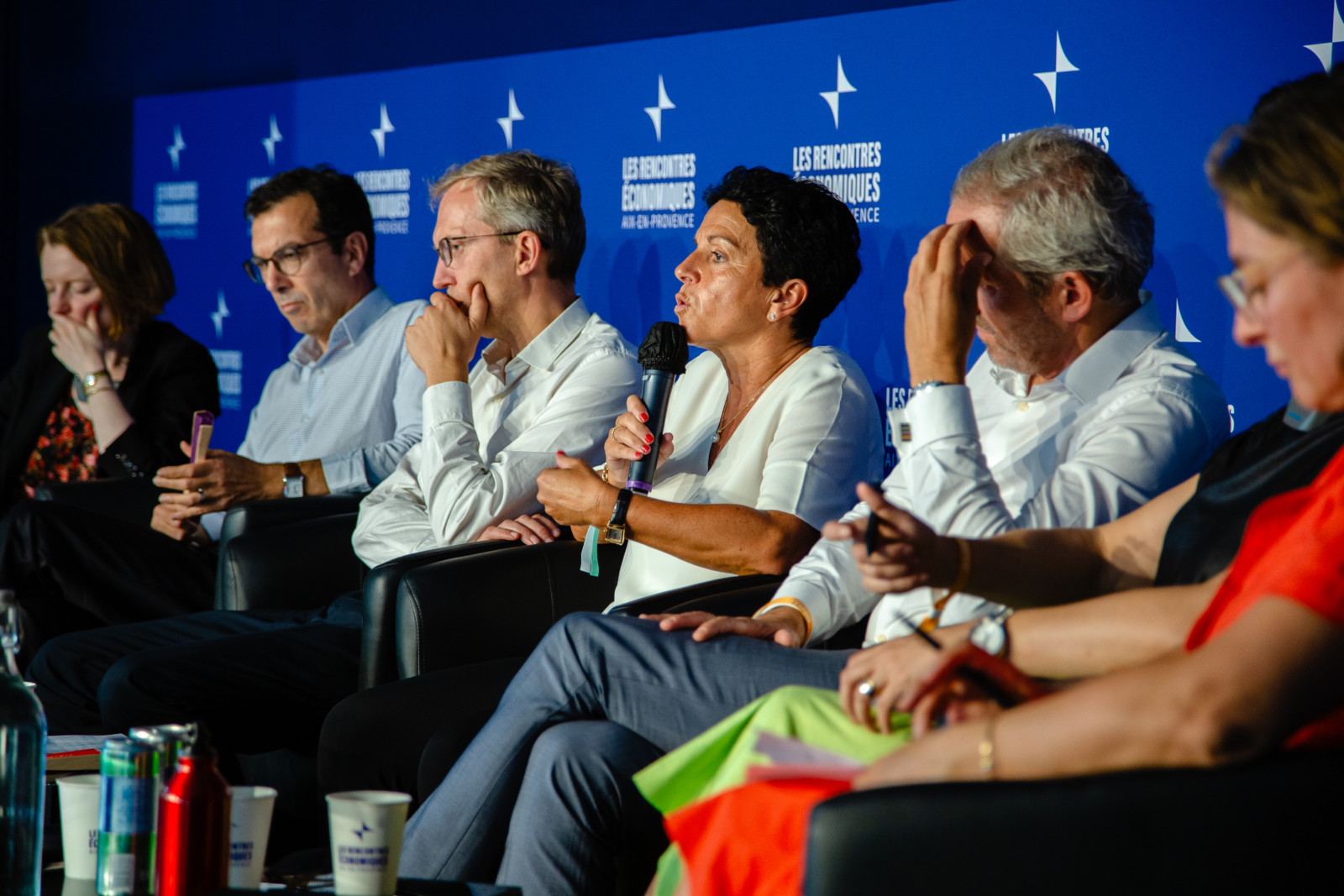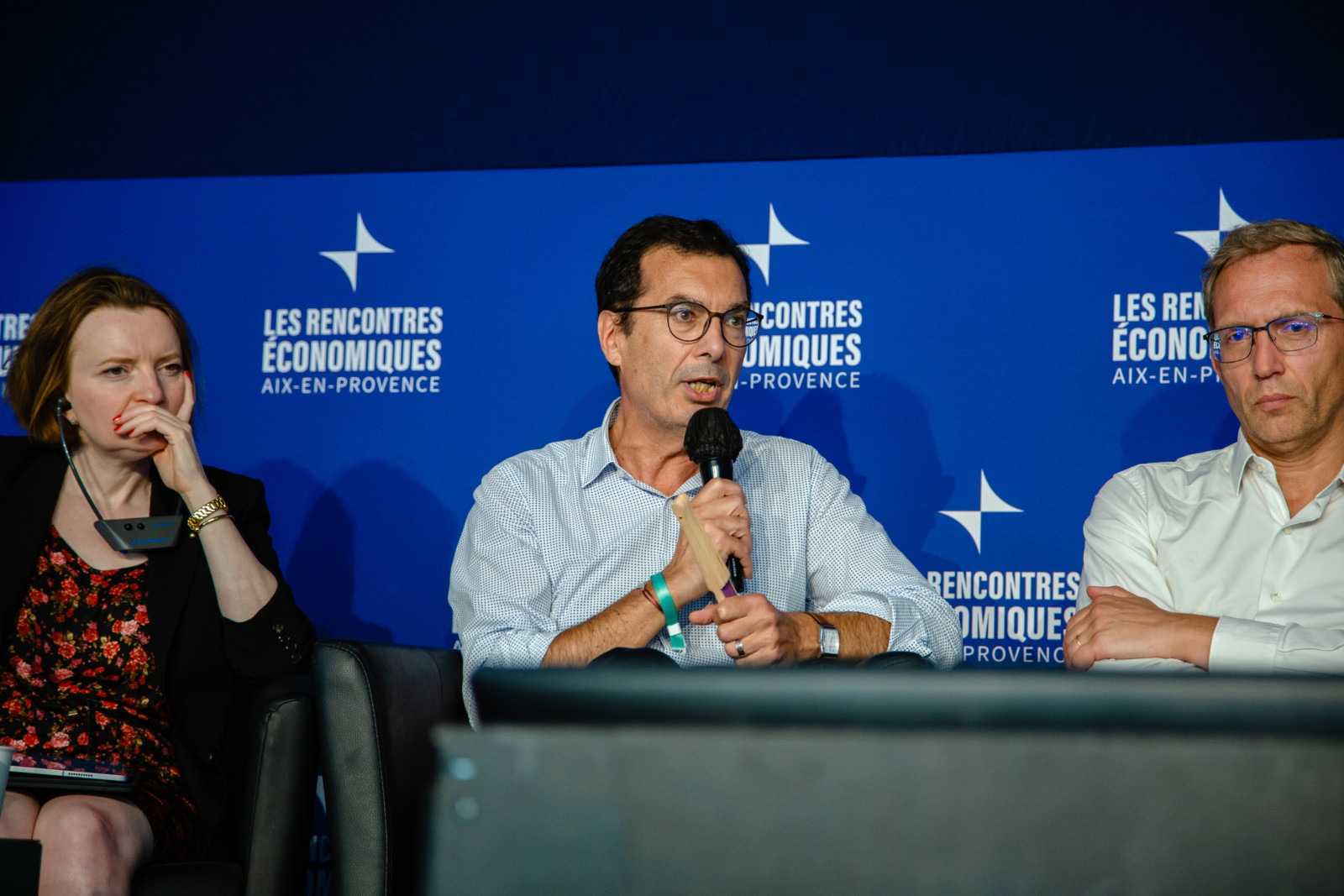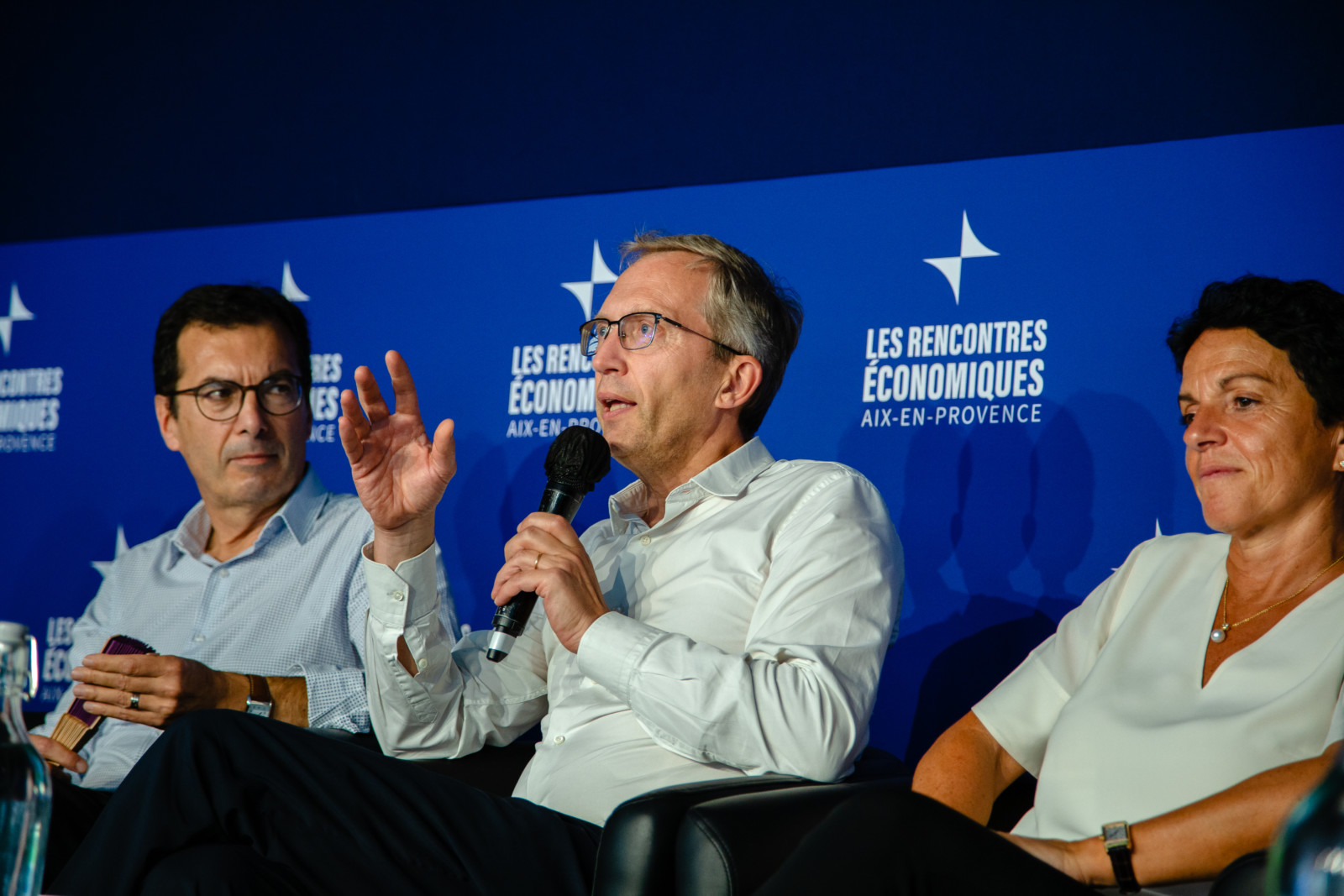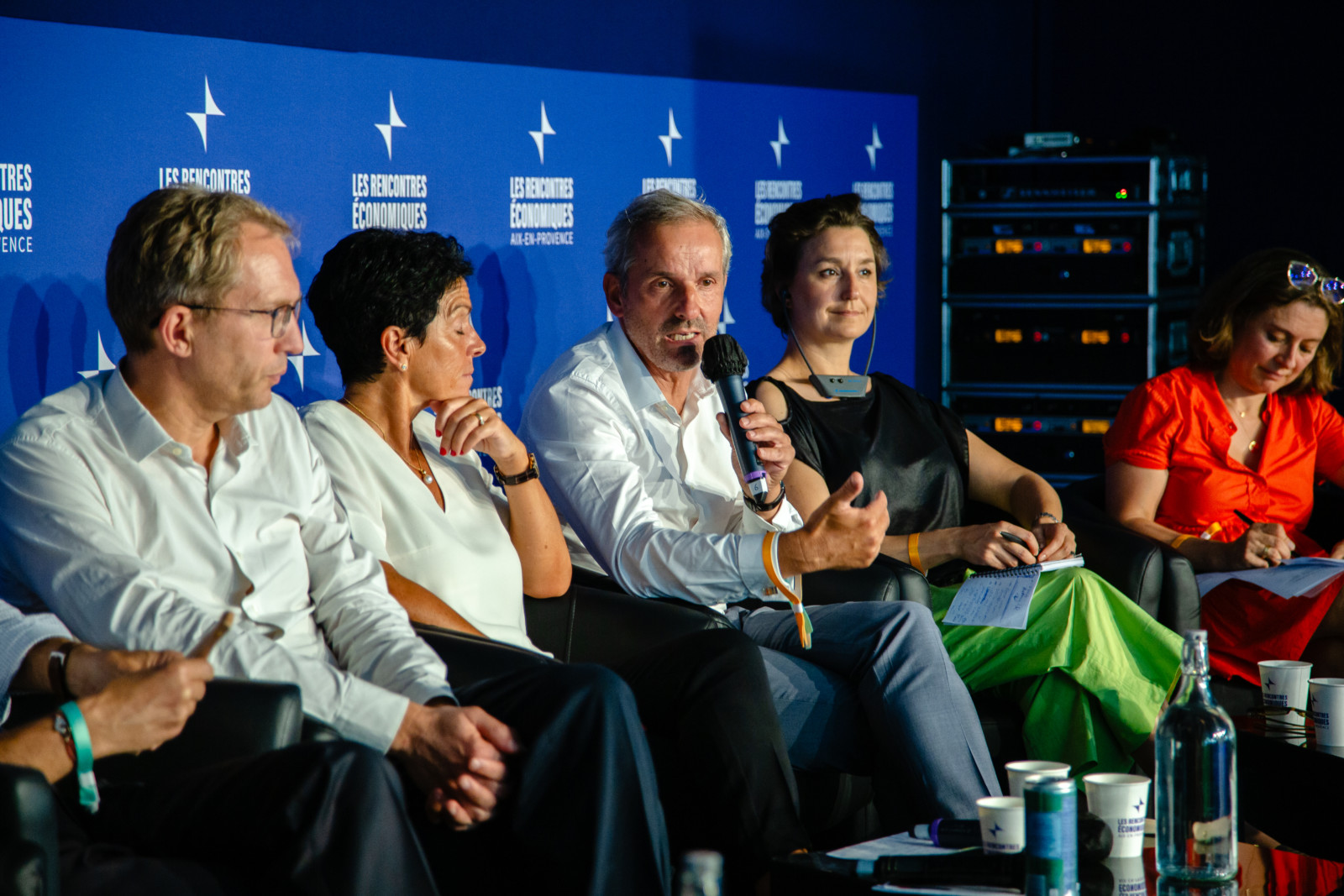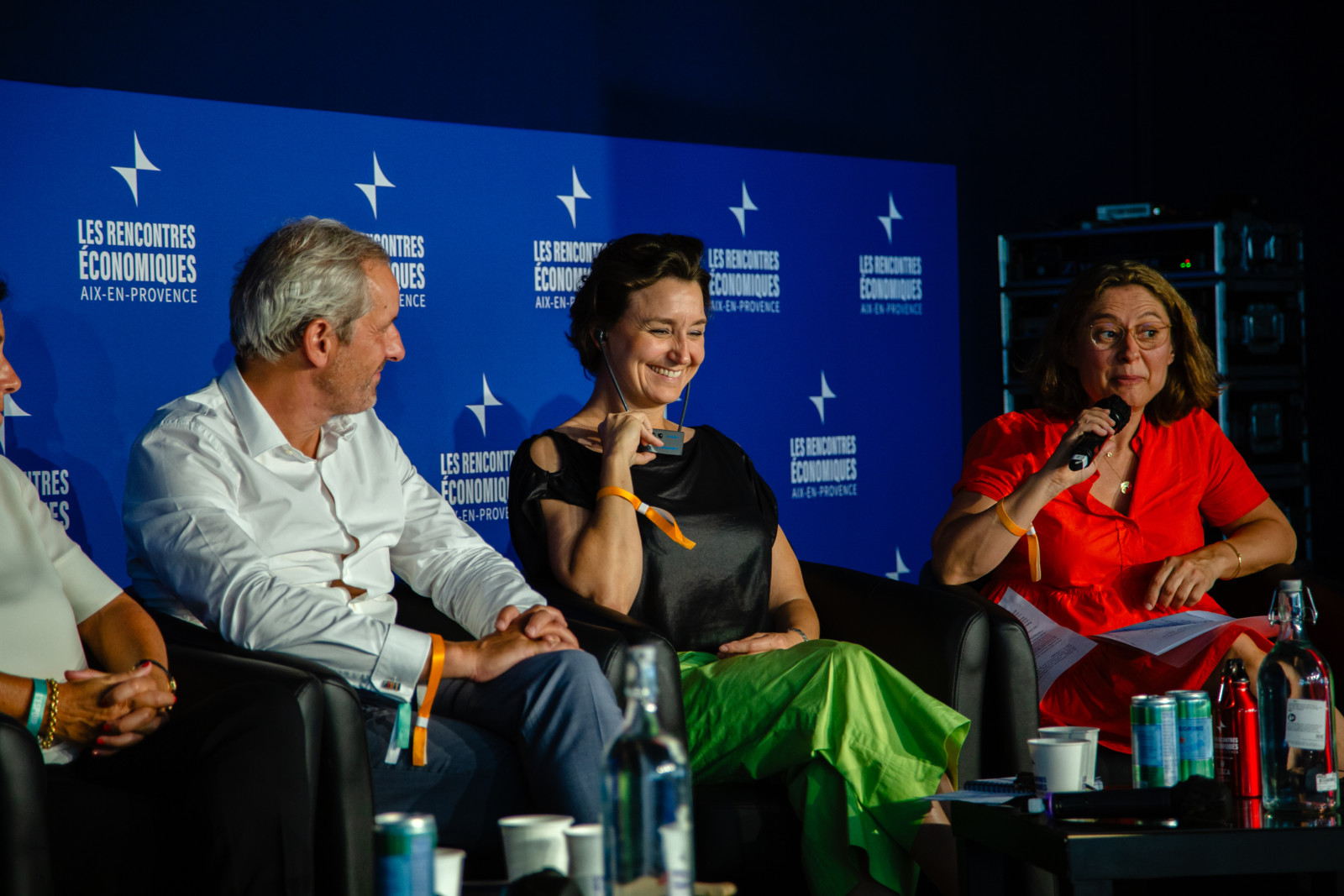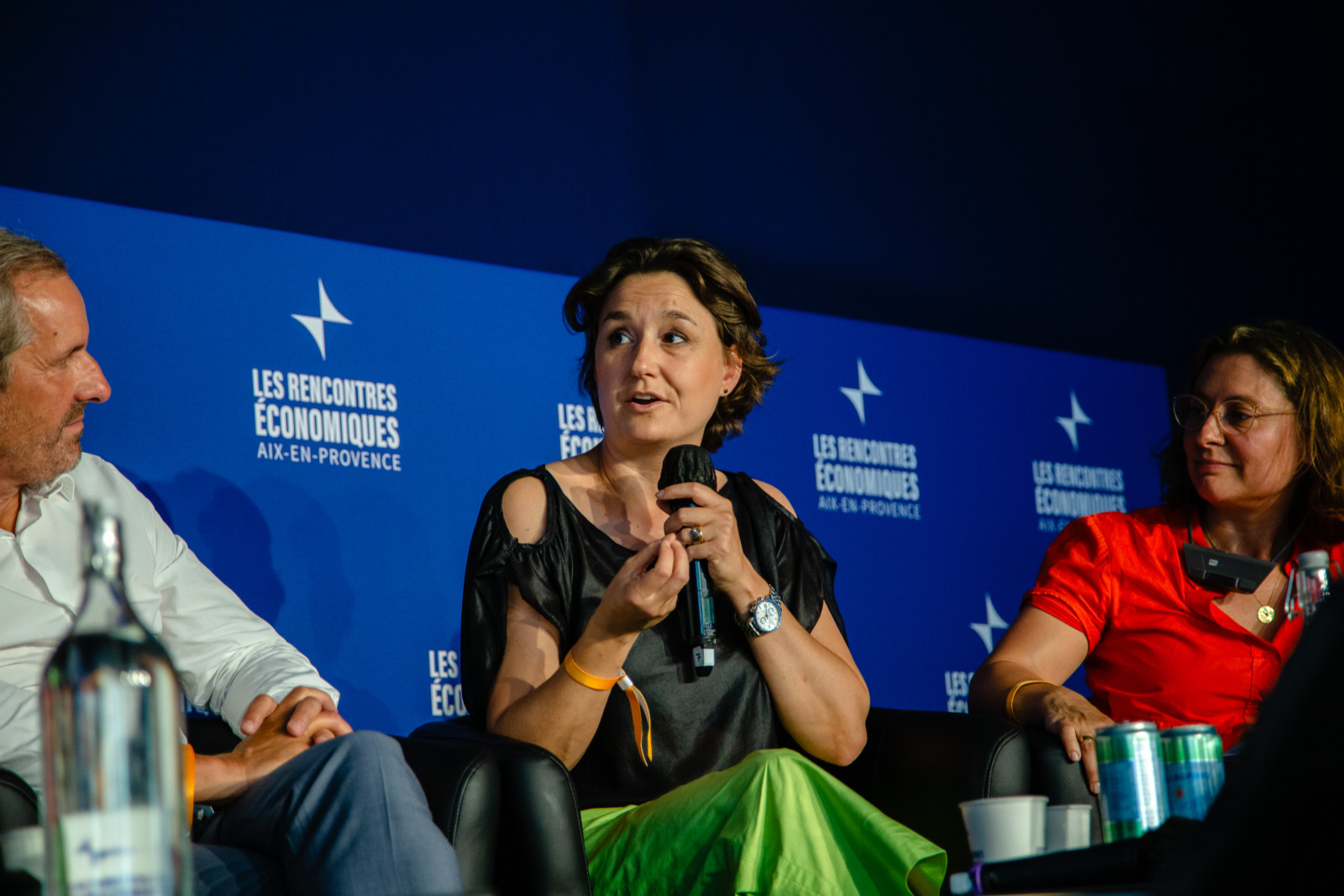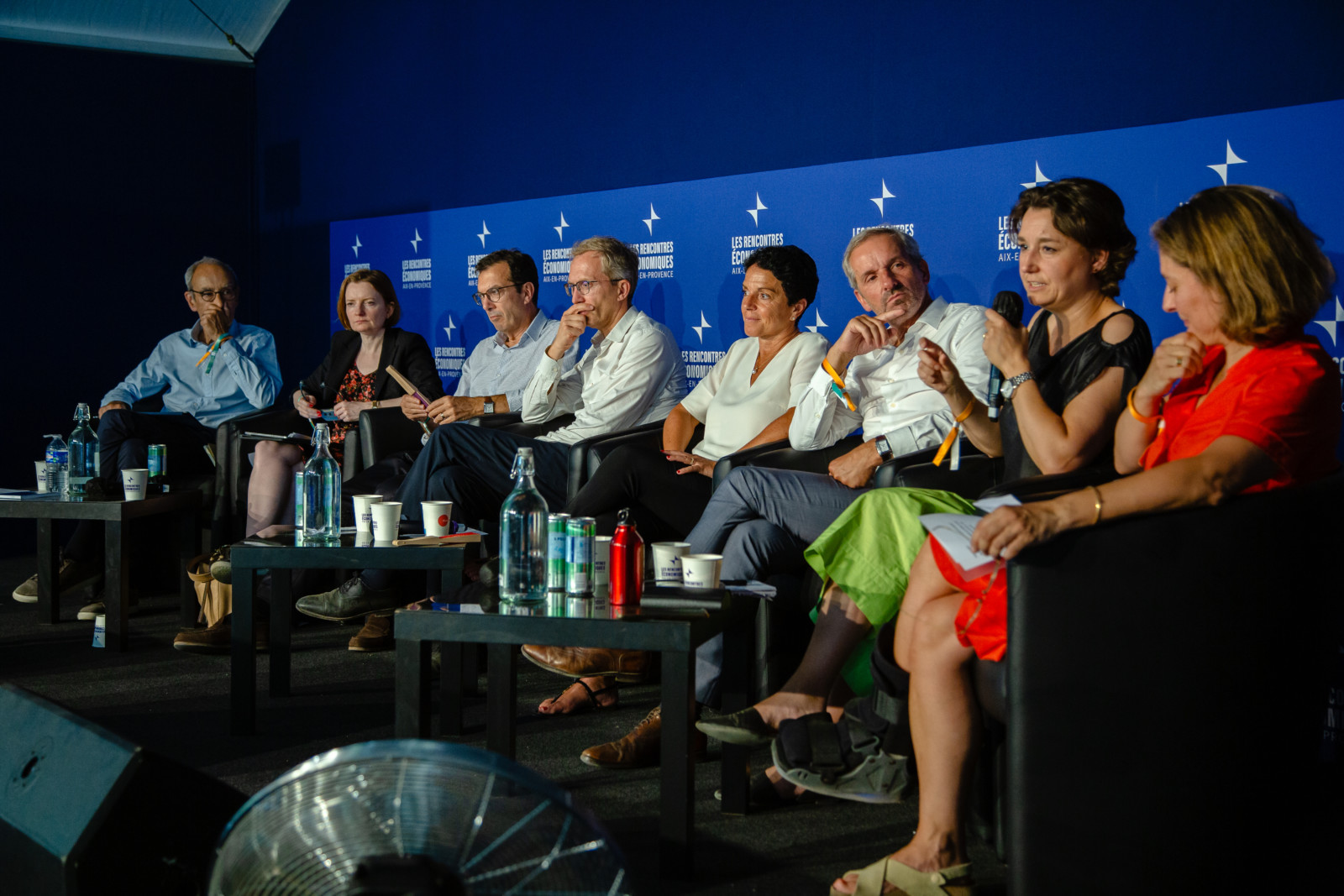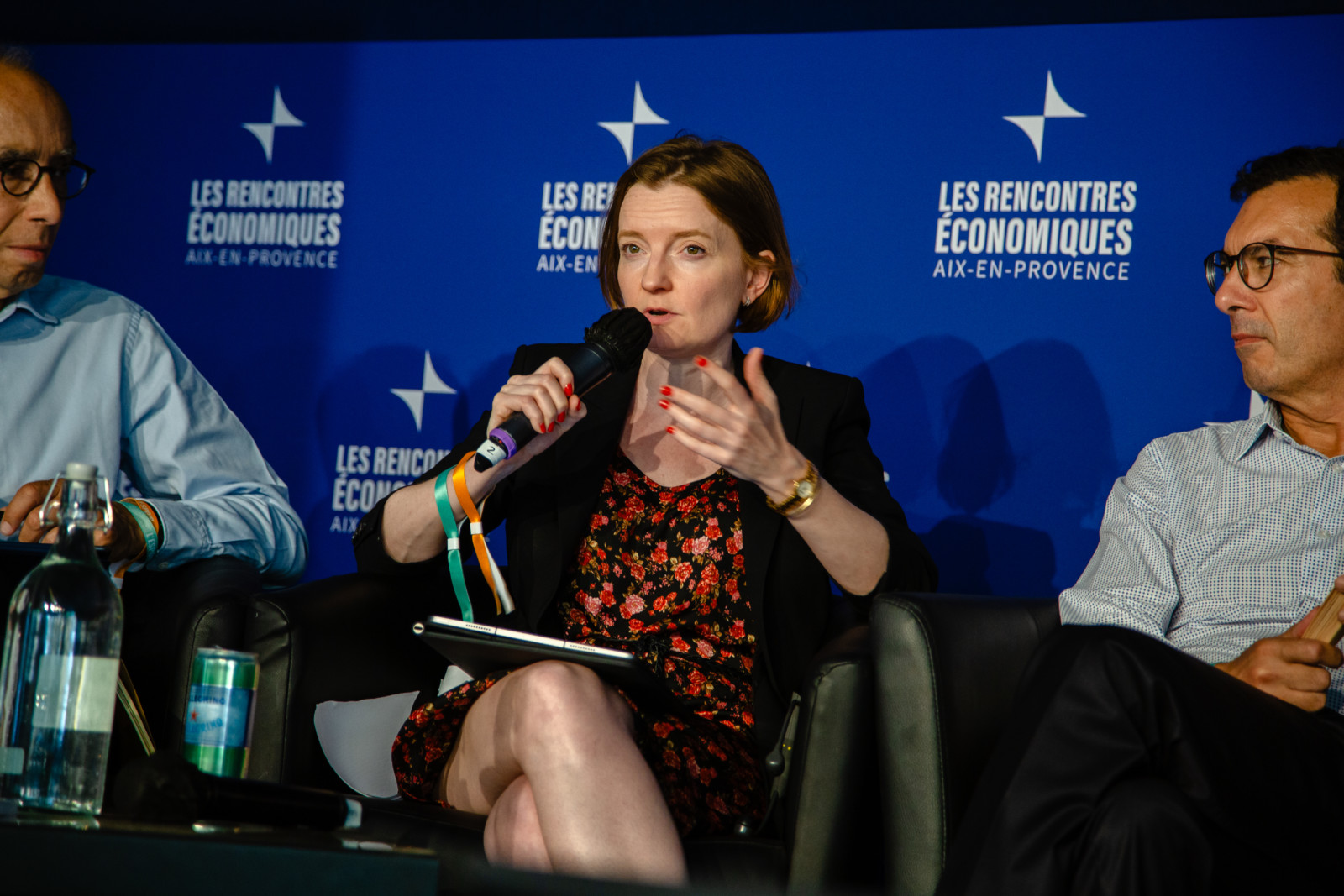Embracing the ecological transition
Overview
For a long time, it was thought that the only problem with climate change was the unevenness of our ambitions. With the Inflation Reduction Act, we are discovering that it is also the divergence of approaches. What do a European strategy that emphasises prices and standards have in common with an American strategy that focuses on research and incentives? Europe is in doubt: what if it has gone astray into punitive ecology?
The year 2030 is a time of great danger. The credibility of the Paris Agreement is uncertain, and in a way it can only disappoint because its effectiveness will always be judged by the yardstick of objectives that are too ambitious to be achieved. The European Union has set itself very restrictive targets for 2030, and is in danger of finding that, despite its declarations of intent, the reality of the energy crisis has caught up with it and that neither the forced transition to renewables nor new nuclear power will deliver enough by that date.
Yet there is no choice. It is only if we take hold of the climate transition and more broadly the ecological transition that they can succeed. Success is a matter for all actors. The orchestration of their efforts is a challenge of unprecedented proportions.
Speakers






Coordinator

Moderator

Photo gallery








